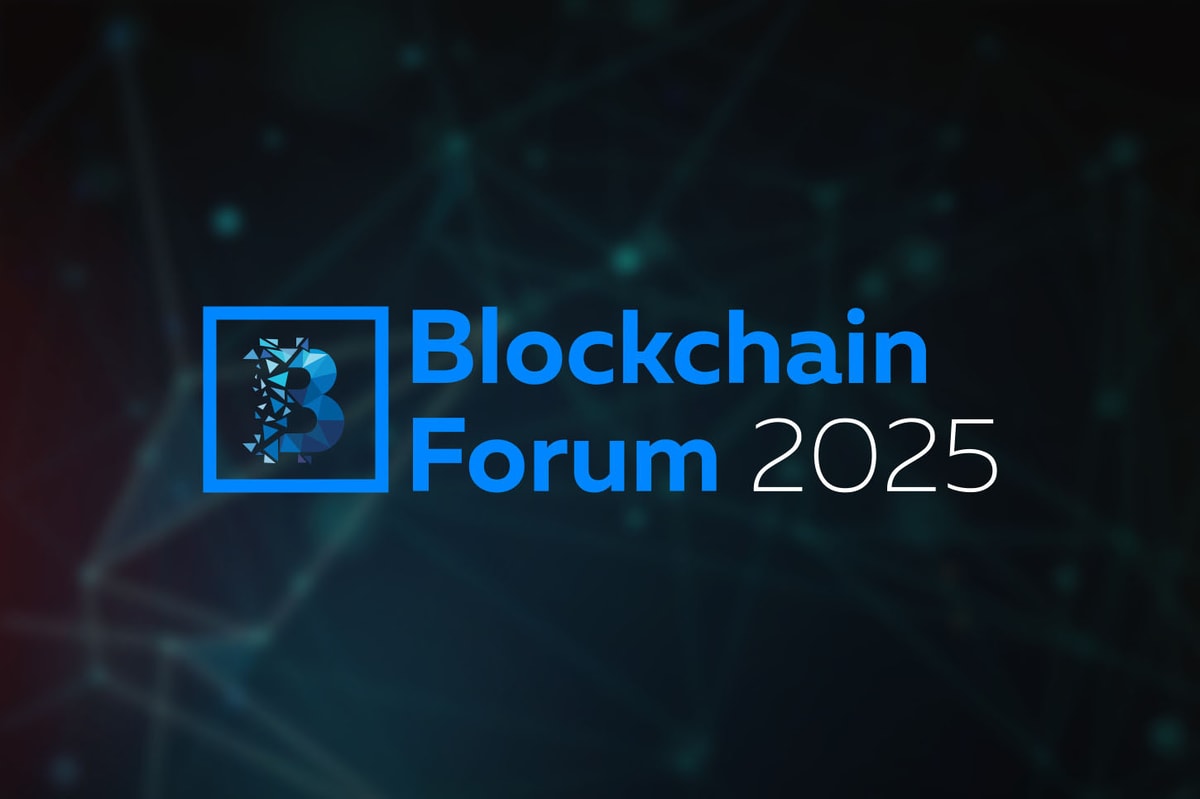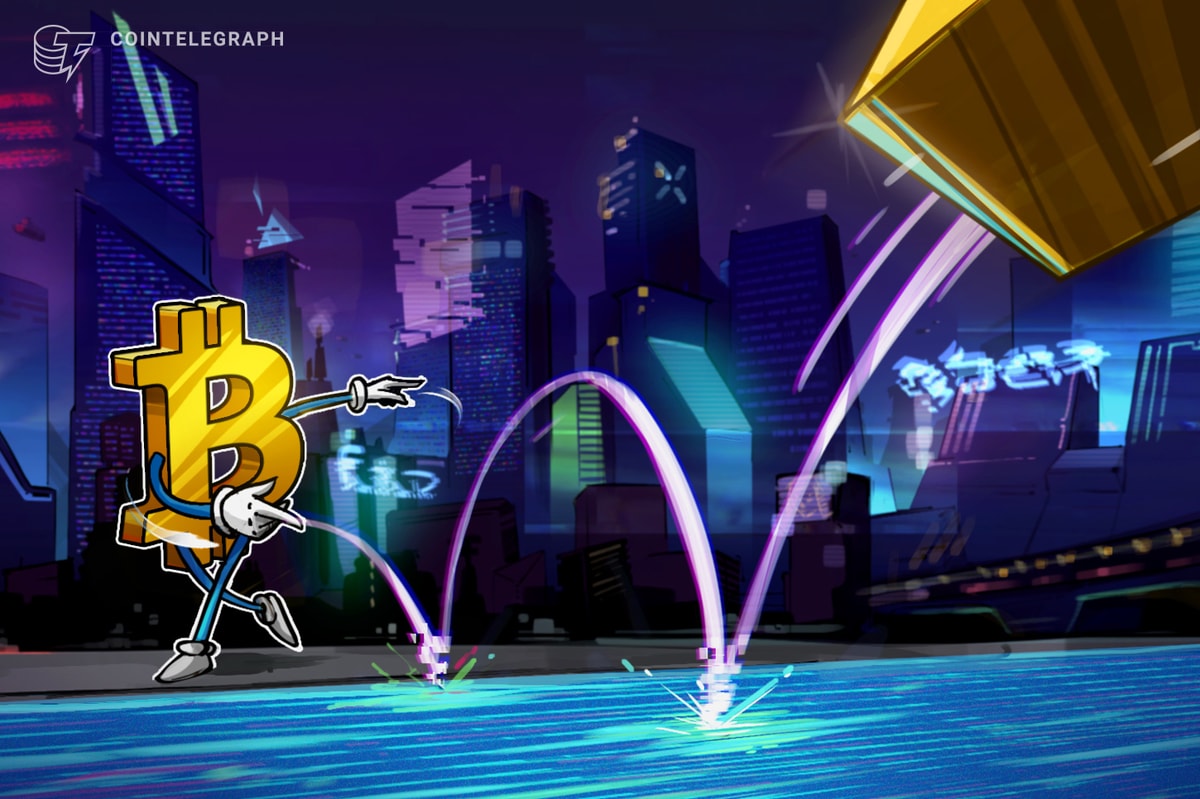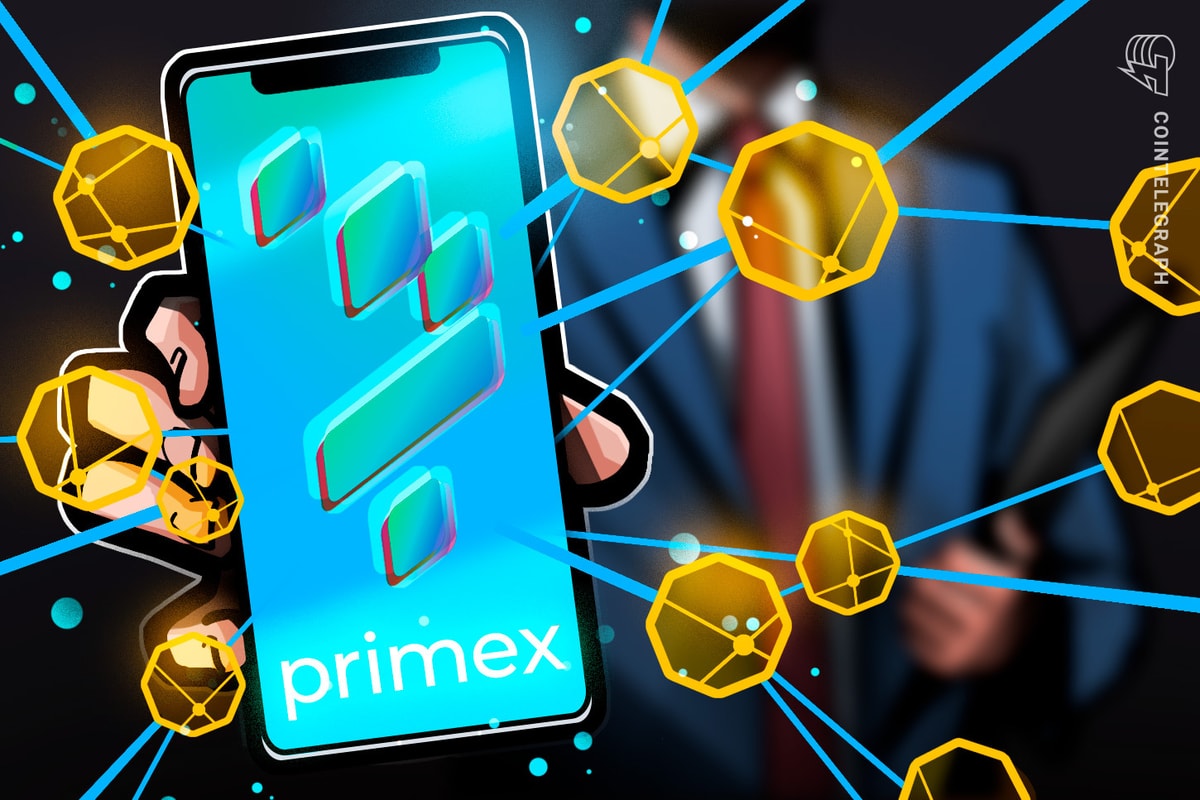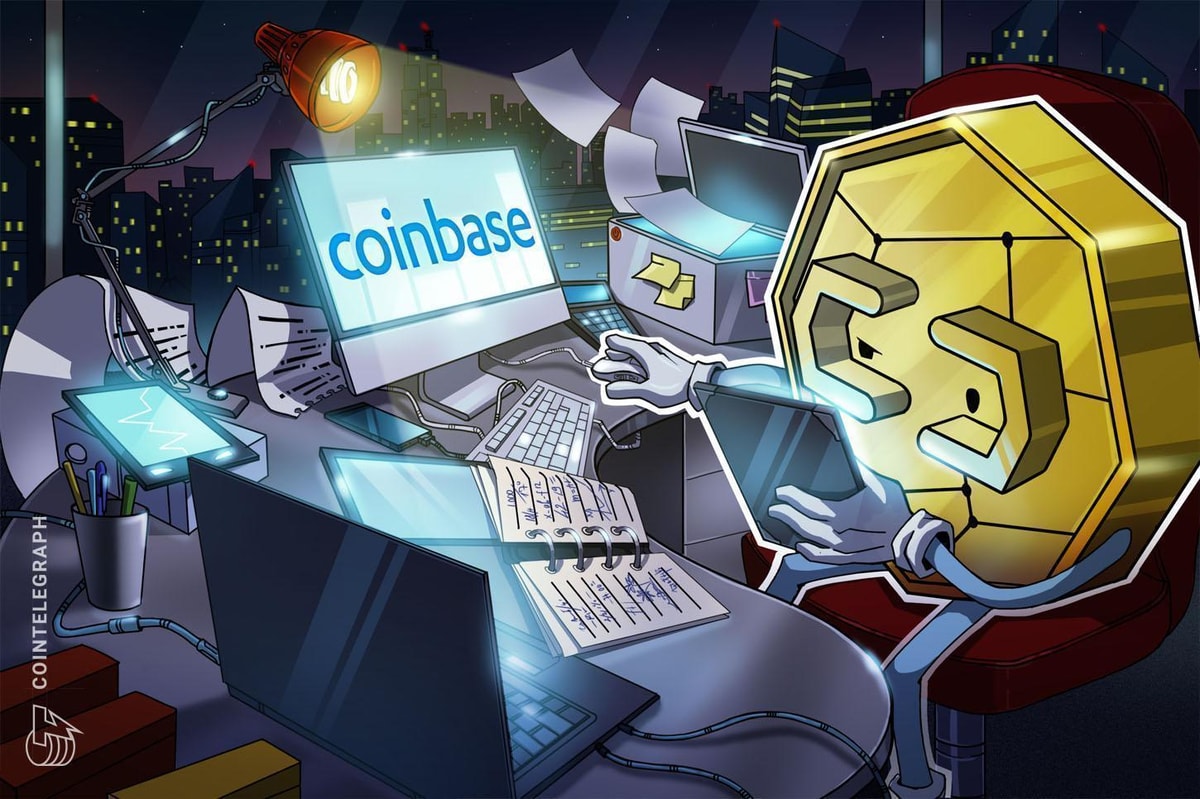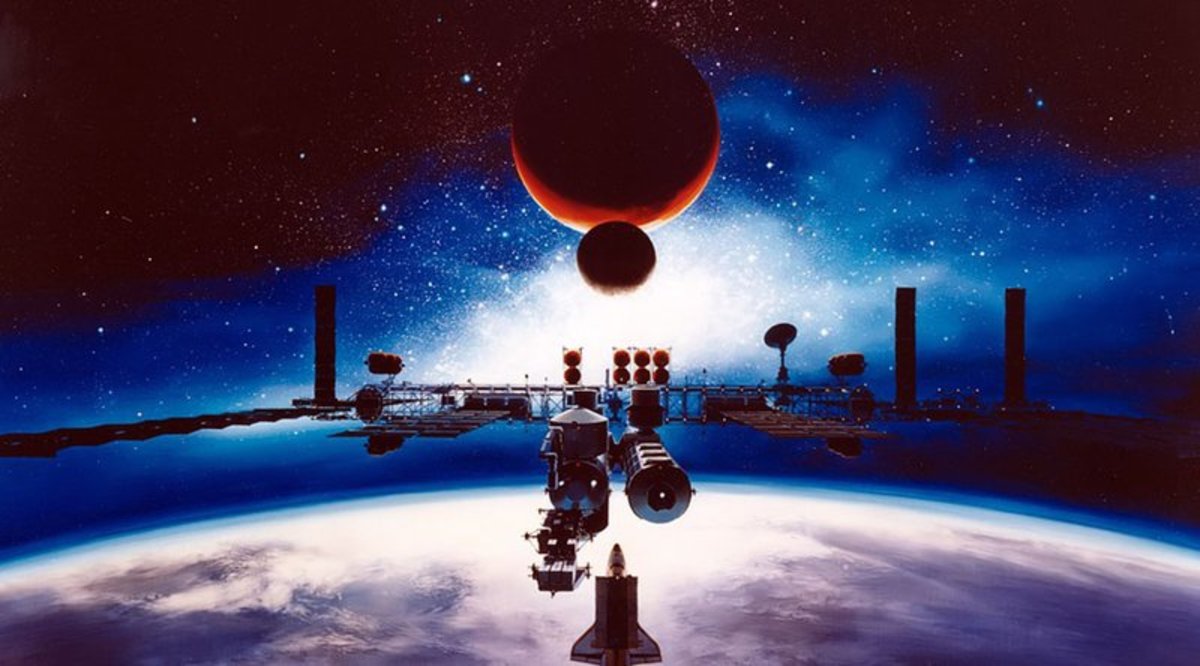
Renowned scientist Stephen Hawking recently called for a concerted effort to launch humans into space saying:
“To leave Earth demands a concerted global approach, everyone should join in. We need to rekindle the excitement of the early days of space travel in the ‘60s.”
While NASA and Tesla are already well established in the game, Space Decentral, founded by international Space Cooperative, is staking its claim in outer space and all that’s in it. Using the latest blockchain technology to launch a social network, they’re on a mission to democratize space by crowdsourcing information and crowdfunding citizen-powered space travel.
As interest in space travel grows worldwide, an international group of scientists, engineers, architects, futurists, artists and software developers — including former and current NASA employees — is working collaboratively to share the latest scientific research and help crowdfund projects that lack government funding.
According to Space Decentral advisor Dr. Paolo Tasca, Executive Director of the Centre for Blockchain Technologies at University College London (UCL):
“It's a global space research lab where individuals and organizations can contribute knowledge and pool intellectual property in an open manner and where revenue can be fairly shared among contributors."
"This is a massive project that will require the presence of hundreds of scientists, engineers and innovators,” he adds.
Space Decentral hopes to leverage some of the current development work under way in the Ethereum community to produce an open-source toolbox to collaboratively design space missions.
"Space technology and Earth technology go hand in hand — we need to utilize systems thinking to solve problems in parallel,” said Yalda Mousavinia, Space Decentral co-founder, referring to blockchain technology and distributed engineering.
Faster Than Light: A Utility Coin?
Offering their Faster Than Light coin (FTLcoin), Space Decentral is planning an ICO to raise at least $10 million with a maximum goal of $35 million, as soon as the membership has approved its final white paper (due at the end of February 2018).
In an interview with Bitcoin Magazine, Mousavinia acknowledges that this first ICO will only fund the initial setup and there will need to be subsequent ICOs as projects are approved. She notes:
“The goal is to fund the technological infrastructure, such as decentralized collaboration tools and smart contracts that will make the process for operating a space DAO more efficient.”
They hope to sell internationally and within the U.S., where they will write the SEC to ask that their FTLcoin be considered a utility coin and not a security.
“We are in the process of writing a letter to the SEC that makes our case for why we believe it is a utility token. What we are really trying to do here is create a community where people want to purchase the token to actually have a voice on humanity's future in space — this isn't a pump-and-dump ICO,” says Mousavinia.
Building an Aragon DApp
Space Decentral’s governance and operations will be mediated by smart contracts, using Aragon, an organization that builds DApps on the Ethereum blockchain to help new startups securely manage their organization and governance.
“We’re building our organization on top of Aragon’s governance and decision-making infrastructure. Aragon's refactored DApp goes live on testnet this month and it’ll be rigorously tested,” says Mousavinia.
“We are looking into using Giveth's minime smart contract for the token sale. This smart contract has been used by both Aragon and Status and has had several security audits. Additionally, we are thinking about using the Gnosis multisig as the initial wallet.”
Evolving Into a DAO
The founding team is currently managing and directing Space Decentral, but their goal is to be replaced by a decentralized voting process and regular community meetings of all their members.
“We envision Space Decentral as a vehicle for humanity’s interest in space exploration, and recognize that it must be fully autonomous in order for it to truly serve that purpose,” Mousavinia said.
Mousavinia recognizes that the transition will be challenging as the team has so far set priorities and has already developed proposed space missions like Martian Spring and Lunar Odyssey.
The goal is to connect multiple organizations while making it easy and transparent for individuals to collaborate without any organizational affiliation and incentivize involvement by rewarding contributors adequately and giving them a voice.
Space Decentral is laying out a roadmap to give potential investors assurances that the team is in it for the long haul.
Mousavinia explained:
“We plan on creating milestone-based smart contracts, such that there will be separate tranches of funding that are activated once different aspects of the technical roadmap or community development is accomplished. These full details are still being worked out and will be described more in the full white paper.
She added that the team is determining a timeline which will give the DAO ultimate approval on the yearly budget. “A mutual understanding will be developed on the best way to monitor funds that provides transparency in addition to room for experimentation as needed.”
"We all need to take the long view and work together to create the system that sustainably makes humans a true spacefaring species,” said Space Decentral co-founder and former NASA engineer, Dr. Marc M. Cohen, a member of the core team that is designing the DAO.
“We may not complete the effort in our lifetime, but we have an obligation to humanity to begin.”




